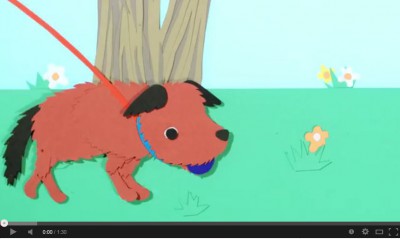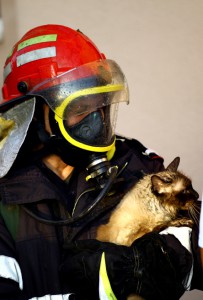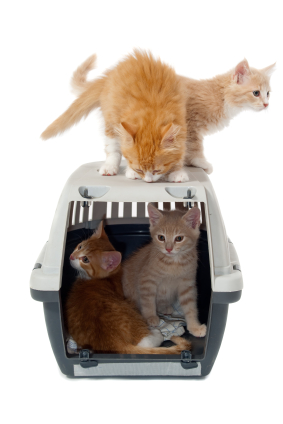
Are you heading to the coast this summer? Tick protection is a MUST! Although most pets who are treated quickly for tick paralysis survive, ticks are capable of killing your pet within 3 to 4 days of attaching if your pet has not had any tick prevention.
REMEMBER: PREVENTION IS MUCH SAFER AND MUCH LESS EXPENSIVE THAN TREATMENT.
It is possible for ticks to be carried back in your luggage etc and attach to pets that haven’t travelled to the coast themselves so if you are heading to the coast and your pet is staying home they still need protection.
Protection for dogs is now more convenient than ever and is available in flavoured chews that cover for both Fleas and Ticks! Nexgard protects your dog for one month and is perfect for that one off trip to the coast for the weekend, Bravecto covers your dog from fleas for 3 months and ticks for 4 months and is perfect for those who travel to the coast more frequently.
Prevention for cats is slightly trickier (but still essential), please phone us on (02) 6230 2223 to discuss further.
Early signs of tick paralysis include tiredness, staggering, vomiting, breathing difficulty, change in the sound of their bark or breathing, progressing to paralysis, these signs may continue to worsen even after the tick is removed.
If you notice any of these symptoms your pet should be taken to the nearest Vet immediately.
Call us on (02) 6230 2223 and we can discuss the most suitable tick prevention product for you and your pet.









